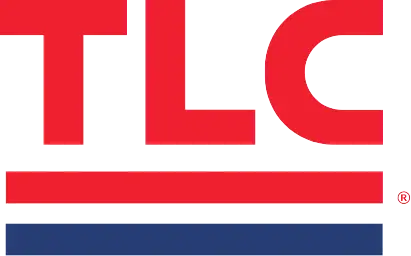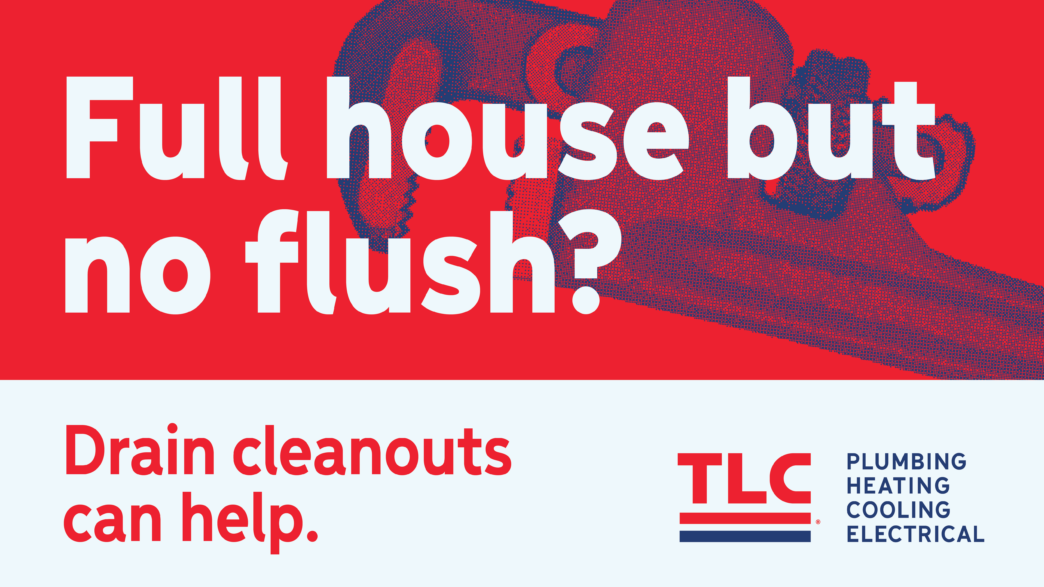Got a full house but no flush? Drain backups are caused by all kinds of things like roots, feminine hygiene products, toys, and yes, the old-fashioned “just flushed too much.” Backups call for a drain technician, and getting your drains cleared out is much easier, safer, and cost-effective if your home has drain cleanouts.
1. What are drain cleanouts?
A drain cleanout is a pipe that provides access to your sewer line. You’ll usually find cleanouts near the house in either the front or back yard. If you know what to look for, they’re easy to spot! They are capped PVC pipes sticking a few inches above the ground.
Drain cleanouts are great because they make it easy to access your sewer line. If there’s an issue, your drain technician can run a camera, snake, or hydro-jetter through the sewer line from the cleanout. They won’t have to enter your house, unless the clog is between the cleanout and the toilet.
2. Why does it matter if you have drain cleanouts?
Drain cleanouts are the best way to access your main sewer line. Here’s why drain technicians love them (and you should too)!
Drain cleanouts provide better repair options
A drain cleanout gives your technician direct access to diagnose the issue. If you’ve got a clog (especially a recurring clog), your drain technician can run a camera into the sewer line through the cleanout. That way, you know exactly what you’re dealing with, so you can choose the best repair option right off the bat.
Drain cleanouts make it safer and more hygienic to clear drains
While good drain technicians do their best not to make a mess, drain issues are messy by nature. When you don’t have drain cleanouts, some of that mess inevitably happens in the house. A professional drain technician cleans up after themselves, of course, but drain cleanouts keep the mess outside.
Drain cleanouts allow for lower repair costs
Drain cleanouts save you money in the long term, and here’s why. If you don’t have drain cleanouts, there are two other sewer line access points: the toilet and the roof. Both are good options, and your drain technician is capable of unclogging your drain from either location.

However, going in through the toilet presents a few challenges. To access the drain from the toilet, the toilet has to be removed. If it’s old, there’s a risk it could break. It also takes longer, which increases repair costs. Besides that, the bends in the pipes under the toilet make unclogging more difficult. Pipe size can also limit what equipment is used.
Accessing the drain from the roof is even more labor-intensive, not to mention dangerous! Depending on how far down the line the clog is, the equipment might not reach the clog. With the risks and the extra time needed, you’re going to pay more to get a drain unclogged from the roof.
Drain cleanouts can increase your home value
Drain cleanouts make home inspections much easier when it comes time to sell. The inspector can get a camera through the line to show the buyer that it’s in good condition.
Need drain cleaning service?
TLC provides a warranty when drain cleanouts are present
If you have a drain cleanout and we unclog your drain, we can warranty that work. You can rest assured that the job is done correctly and if anything goes wrong, we’ll come back and make it right.
3. Can you add drain cleanouts to your home?
Yes, of course! This is a good move if you experience frequent clogs. And if there’s a particular drain that gives you trouble, you can have a drain-specific cleanout added. Our experienced drain technicians are happy to discuss your specific situation and help you find a solution tailored to your needs and budget.
Want to add drain cleanouts to your home?
The bottom line is that drain cleanouts make it easier to get things flowing again when you’ve got no flush.
And whether you have drain cleanouts or not, you can always count on TLC’s drain technicians to get things flowing again. We know you’ve got other things you need to be doing, like conquering your next job promotion or shuttling the kids to soccer. That’s why we provide same-day emergency drain response.
Just give us a call at 505-761-9644 or request an appointment.
Got drain questions? Ask a pro today!


